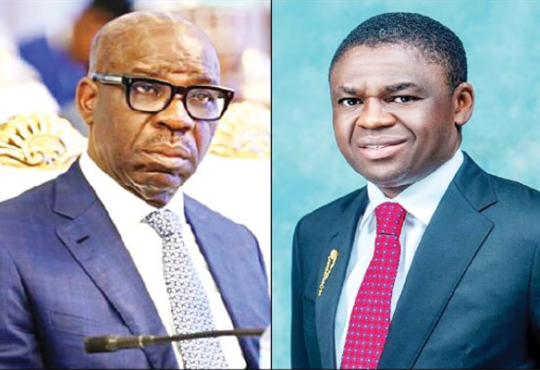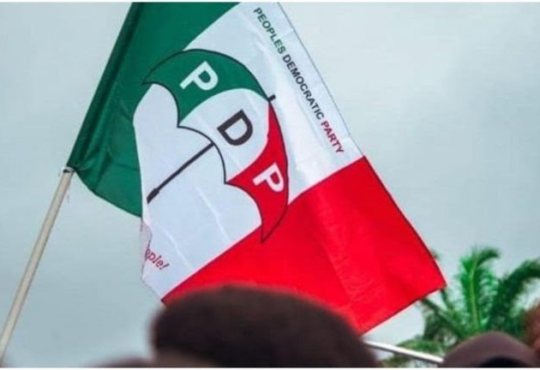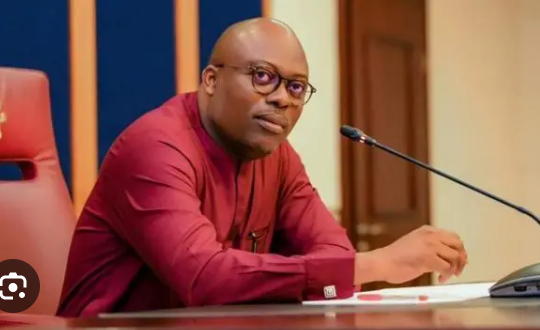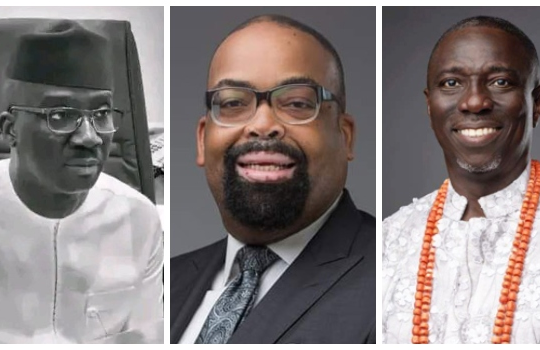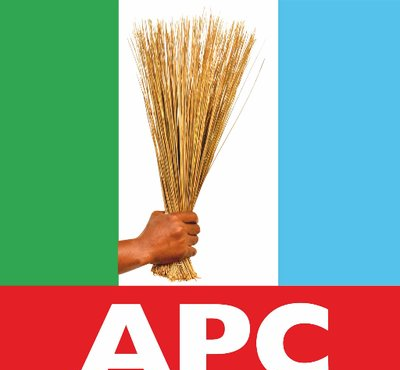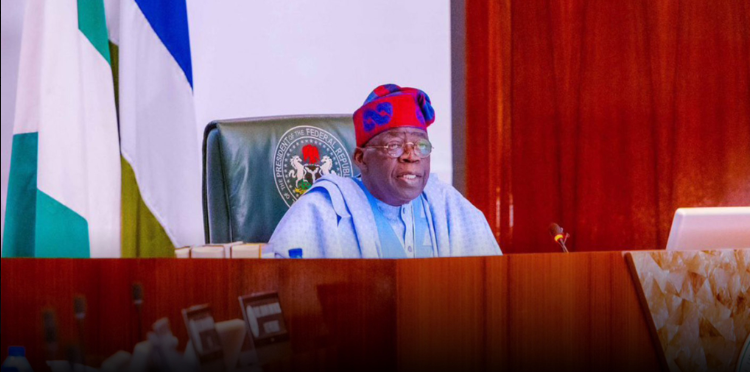
President Bola Tinubu has said he has signed an Executive Order to unlock up to $10bn fresh investments in the nation’s oil and gas sector.
Speaking at the opening of a two-day retreat on economic transformation and development organised by the House of Representatives, the President on Tuesday said the development will come through fiscal incentives for non-associated gas, midstream and deepwater oil and gas.
Represented by his Chief of Staff, Femi Gbajabiamila, Tinubu also disclosed that a week ago, the Federal Government signed the consolidated guidelines for implementing fiscal incentives for the oil and gas sector.
He said, “The Executive Order streamlines contracting processes, procedures, and timelines from 36 months to six months. The order also seeks to ensure that local content requirements are implemented without impeding investments or the cost competitiveness of oil and gas projects”.
He also noted that many reforms are being implemented to reposition the country’s tax administration.
“All of these have the same objective – to reduce government interference with the commercial imperatives of businesses in the country so that businesses based here can be competitive and focus on their core objectives of economic growth through innovation and trade.
“We will need the support of the National Assembly to fully implement some of these reforms, as statutory changes will be required in some areas.
“I am confident that when the time comes, the governing partnership we have established between the Executive and the Legislature will ensure that these changes are effected swiftly to benefit our nation,” he added.
He commended the legislature for working in harmony with the executive arm in championing policies meant to enhance the welfare of Nigerians.
He said “Your actions have substantially fortified the legal framework of the Students Tertiary Education Loan Program, ensuring its efficient implementation. These achievements are a testament to the power of our partnership and the positive impact it can have on our nation.
“The legislature must have the capacity to monitor the executive, and the executive, in turn, should be willing to comply with the legislative enactments.
“It is not just a coincidence but a strategic advantage for our country that the governing relationship between the Executive and the Legislature perfectly reflects this ideal.
“As you know, my administration is implementing significant policy changes to reform how we govern and position our country for progress and shared prosperity for all citizens.”
Not unaware of the pains some of the policies of government have brought on the people, President Tinubu said, “These reforms, while necessary and, in some cases, long overdue, are not without their challenges. I am deeply grateful for your unwavering support and understanding during these times. Your understanding and support have been invaluable, and I am confident that with our continued collaboration, we can overcome any challenges that lie ahead.
“The oil and gas industry has long been the lifeblood of our national economy. My administration is working tirelessly to change this and diversify our economy from overreliance on the production of fossil fuels. However, we are also determined to maximise revenue potential from this critical industry.
“For this reason, we are pushing policies to attract investment in the oil and gas sector”.
He continued, “We can only justify our collective mandate and the trust our people repose in us through constructive collaboration between the National Assembly and the Executive. This joint effort is the minimum the people who voted for us expect from us.
“However, the very essence of checks and balances means there will be times when the executive and legislative prerogatives inevitably collide. Above all else, the national interest must guide our decisions in those moments. We share a common responsibility in shaping the future of our nation, and it is through our collaboration that we can effectively fulfil this duty.
In his address, Speaker of the House of Representatives, Abbas Tajudeen, pledged the readiness of the Green Chamber to continue to work hard to address the economic challenges facing the nation.
He said by designing and implementing progressive tax policies, the nation must endeavour to ensure a fair and efficient tax system that boosts revenue while fostering economic growth and equity.
According to him, this involves “Not only broadening the tax base and simplifying tax codes but also enhancing compliance and minimising loopholes that benefit only the wealthy.”
According to him, “The retreat aims to foster stakeholder engagement, ensure constructive dialogue, exchange ideas and offer insights on legislative strategies that will contribute to the economic transformation of our country.”
He said further that the retreat would avail the lawmakers an opportunity to take a look at the tax reforms instituted by President Tinubu and undertake a review of the implementation of the Petroleum Industry Act (2021).
“’This situation is compounded by a lack of enthusiasm and morale for tax compliance, contributing to the nation’s underwhelming fiscal performance. Comparatively, Nigeria’s efficiency in collecting VAT is the lowest among its African peers, indicating significant inefficiencies in its tax system.
“This trend of low tax revenue, coupled with a continued dependency on the increasingly unstable oil revenue, presents a major risk to Nigeria’s fiscal sustainability. It also highlights an important area for potential reform to boost revenue and stabilise the country’s economic framework.
“The lack of growth in non-oil revenue sources and the volatile nature of oil income underscore the urgent need for Nigeria to diversify its revenue base and enhance its fiscal management to ensure economic stability and growth.”
Deputy Speaker, Benjamin Kalu on his part, said that Nigeria’s current tax system is suffering from inefficiency leading to some of the lowest tax collection rates in the world.
He put the nation’s tax collection at about 10.8 per cent of GDP, adding that the statistics are according to data from the Federal Inland Revenue Service and the National Bureau of Statistics.
He said, “The role of the National Assembly, particularly the House of Representatives, in this process cannot be overstated.
“We are the custodians of the people’s will, entrusted with the responsibility of ensuring that the lofty ideals enshrined in the PIA are translated into tangible benefits for all Nigerians. “This retreat serves as a critical forum for us to collectively strategize on how to fulfil this vital mandate.”
Executive Chairman of the Federal Inland Service, Zack Adedeji said there must be a collective effort and shared commitment to implementing collective tax reforms to empower citizens and ensure a resilient future.
Represented by the Director, Support Services Group, Mohammed Lawal Abubakar, Adedeji said the country has embarked on tax reforms to fix the identified gaps in the nation’s tax administration system.
Also speaking, Minister of the Federal Capital Territory, Nyesom Wike commended the leadership of the House for organising the retreat.
Represented by the Minister of State for FCT, Mariam Mahmood, Wike said, “This retreat demonstrates your unwavering dedication to serving the people of our great nation.
“Your role as legislators is pivotal in shaping policies that drive economic growth, and constant innovation and ensure equitable development for all Nigerians.
“The Petroleum Industry Reform Act 2021 represents a watershed moment in our nation’s history. With its passage, we have laid the groundwork for a more transparent, efficient and competitive Petroleum industry.
“This opens the door to greater investment, innovation and job creation. However, its true impact would be realised through effective implementation,” he said.



